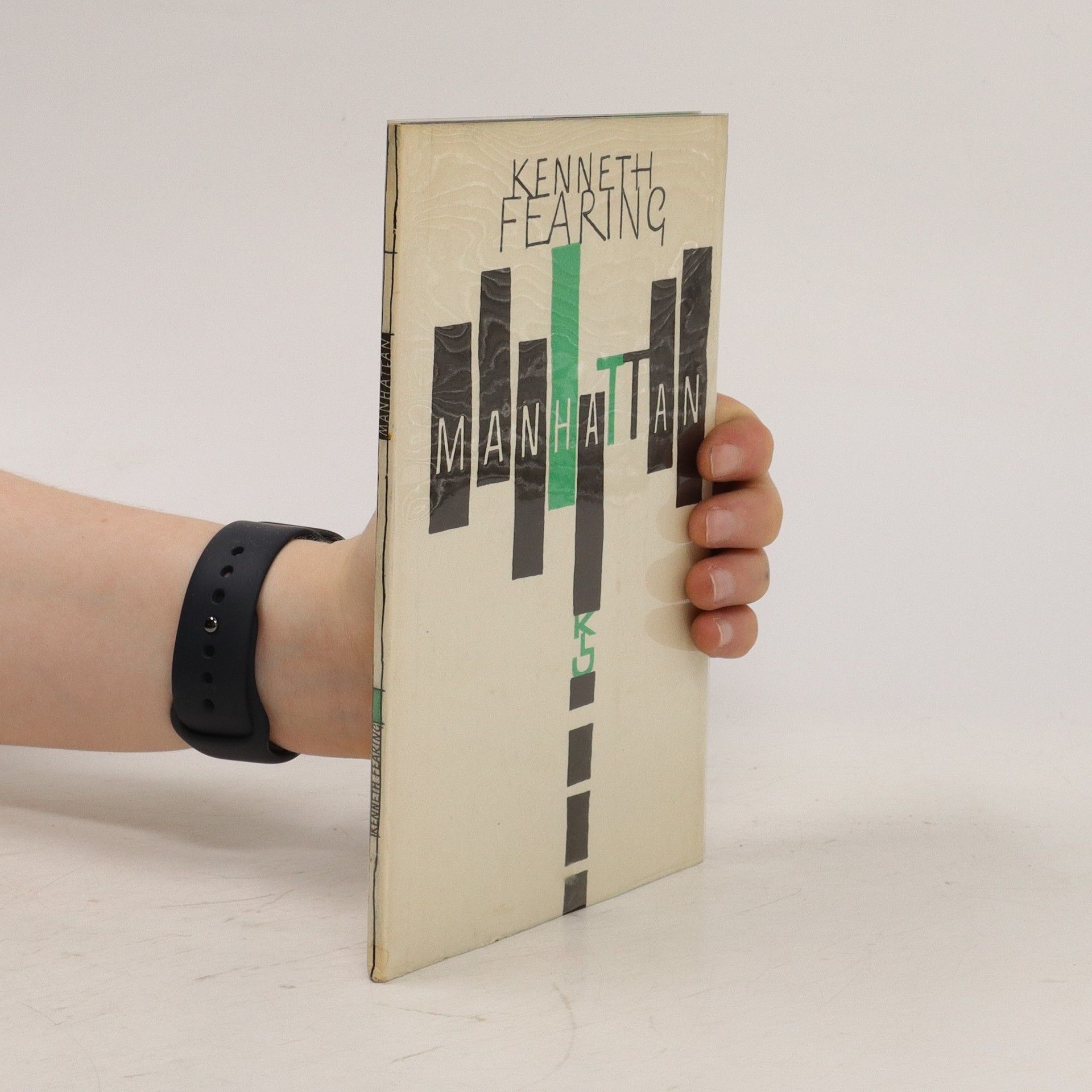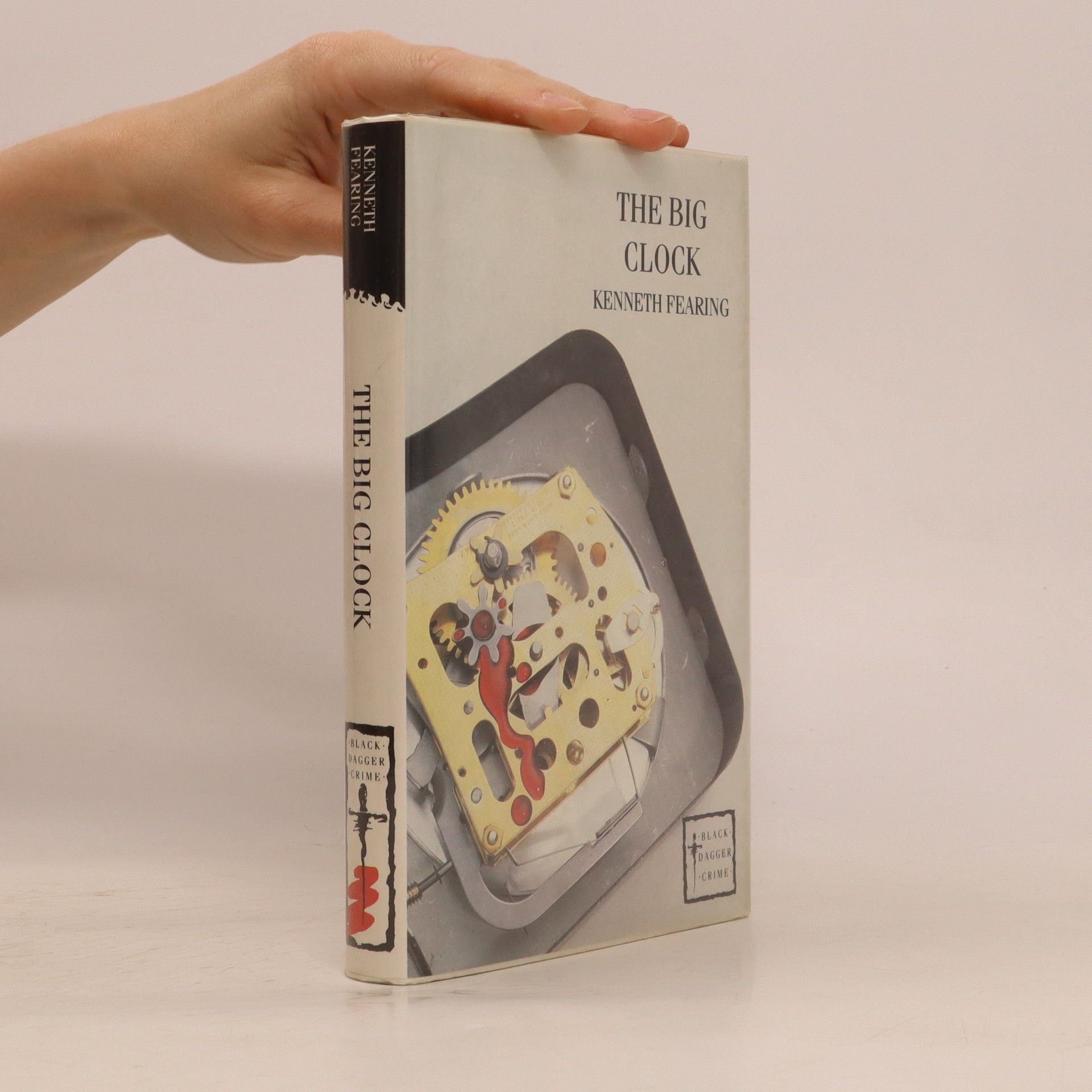George Stroud is a hard-drinking, tough-talking, none-too-scrupulous writer for a New York media conglomerate that bears a striking resemblance to Time, Inc. in the heyday of Henry Luce. One day, before heading home to his wife in the suburbs, Stroud has a drink with Pauline, the beautiful girlfriend of his boss, Earl Janoth. Things happen. The next day Stroud escorts Pauline home, leaving her off at the corner just as Janoth returns from a trip. The day after that, Pauline is found murdered in her apartment. Janoth knows there was one witness to his entry into Pauline’s apartment on the night of the murder; he knows that man must have been the man Pauline was with before he got back; but he doesn’t know who he was. Janoth badly wants to get his hands on that man, and he picks one of his most trusted employees to track him down: George Stroud, who else? How does a man escape from himself? No book has ever dramatized that question to more perfect effect than The Big Clock, a masterpiece of American noir.
Kenneth Fearing Livres
Kenneth Fearing était un poète et romancier américain dont l'œuvre capture souvent l'esprit et les angoisses de la Grande Dépression américaine. Son style se caractérise par une ironie acerbe et un regard pénétrant sur la vie moderne. Fearing s'est imposé comme une voix clé de sa génération, reflétant les tensions sociales et politiques de son époque à travers son écriture. Son héritage littéraire réside dans sa représentation sans concession de la réalité américaine.



TEĎ Teď, když známe život: ráno snídani, potom kancelář, pak divadlo a potom spát, žádnou paměť, jen toužení a zisk jsou skutečné – teď, když svým způsobem život známe, není války, není smrti, není pochybnosti, není hrůzy, nedopouštíme se chyb, v zemi je prales kostí,ale nad ním je teď mír, zmizela zběsilost, zmizely cíle, na malou chvíli zmizela i muka, máme své myšlenky, život svým způsobem známe, svět je zelený a tichý – jako bubliny stoupají z vody na močále, bublina plynu stoupá a praská v rákosí, rákos je zelený a žáby kvákají, voda je teplá tam, kde stoupá bublina, rákos je tichý, rákos je zelený, voda teplá, nebe modré.